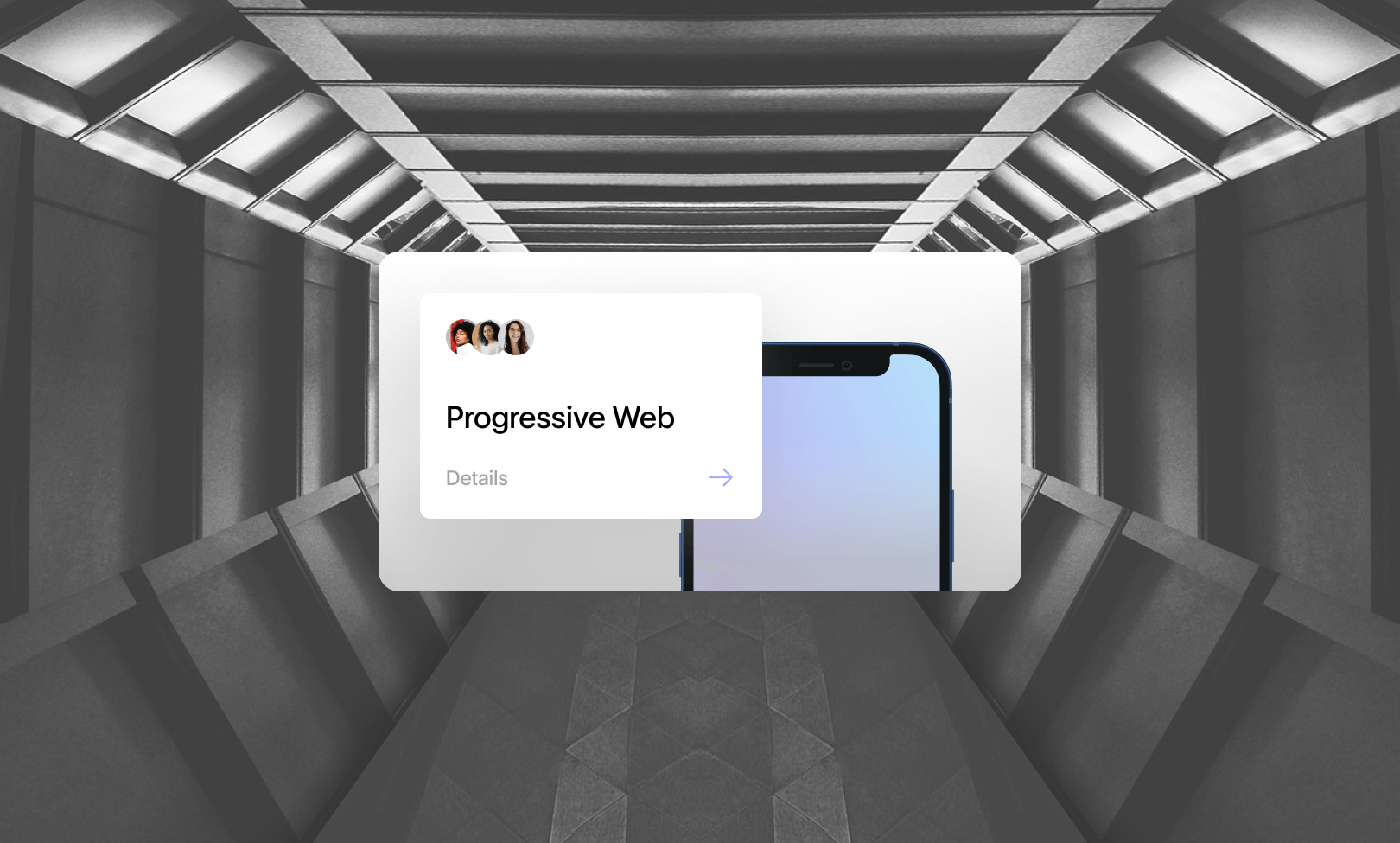Why Progressive Web Apps are the Future of Mobile Web Design
Progressive Web Apps (PWA) are fast and responsive sites that behave like mobile apps. They also might be exactly what your website needs.
In this post, we’ll explain exactly what PWAs are, how they work, and why more businesses should use them.
But to understand why Progressive Web Apps are so valuable, we first need to look at mobile metrics and why they matter.
Why You Should Optimise Mobile Metrics
It’s official: our phones are our primary method of accessing the internet. (Remember the days when you couldn’t even use your phone and computer at the same time?)
As of this year, well over 50% of all web traffic comes from mobile devices. And the numbers just keep going up. Users also have high expectations from mobile sites, with 85% of people expecting a mobile site to be as good as, if not better than, its desktop counterpart.
And what’s more, Google is on the mobile bandwagon too. In fact, they practically built the wagon when they announced their mobile-first indexing, meaning that Google’s crawlers will prioritise mobile sites for their indexing. Of course, this has deep ramifications for SEO strategists.
Businesses now have to prioritise the mobile experience when designing their websites. Your desktop site may load so fast that it gives you whiplash, but it won’t matter if your mobile metrics are chomping on dust.
Should I Use a Mobile App or Mobile Site for my business?
A mobile app takes advantage of a phone’s processing power and provides access to hardware functions on the device. Apps can also be used offline to an extent. A mobile-optimised website, on the other hand, runs in your browser and has been revamped to be more lightweight and load faster. However, mobile sites lack a lot of the functionality of apps.
Moreover, according to the statistics, mobile apps get higher conversions than mobile and desktop sites. They also see lower rates of cart abandonment, and people spend more money when shopping in mobile apps.
Nonetheless, 50% of people would still rather use a mobile site than an app. Apps take up storage space on your mobile device as well as time to download. People will be unlikely to download an app for a brand they are only going to use once or that they are unsure about.
Mobile sites, on the other hand, don’t require time or storage space and, most importantly, can be discovered by search engines. With Google prioritising mobile indexing, mobile sites offer a significant SEO opportunity to online brands.
What does Progressive Web App mean?
A Progressive Web App (PWA) is somewhere between a mobile app and a mobile website. The philosophy behind progressive web apps is to provide an app-like experience within a mobile browser.
PWAs are the best of both worlds. They run in your phone’s browser, so they don’t need storage space, but they can still be “installed” to your home screen like an app. They can also send notifications like an app and access a device’s functions like its GPS and camera.
Do Progressive Web Apps work offline?
Since users expect native apps to work offline (to an extent), Progressive Web Apps must have offline functionality to deliver an app-like experience.
One of the main ways Progressive Web Apps let users access content offline is through service workers. Service workers will download pages and/or elements of the web app (text, images, scripts, etc.) onto the user’s device. This is known as caching.
Once the pages have been cached, they can be loaded directly from the device into the browser. This lets users access pages when they’re offline or have a poor connection as the pages are already stored locally.
PWAs also use a feature called background sync that allows users to perform actions like sending a message while offline. The site will wait till they are online again and send it in the background. This results in a more seamless experience where users can use the app without being stuck on loading screens.
Progressive Web Apps and SEO
PWAs will appear in search results. So, unlike native apps, they still impact your SEO. Furthermore, PWAs can have a major impact on performance. Since a lot of content is cached, pages can be loaded to a device at lightning speed. This not only results in a better experience for users, but it can boost search engine rankings. With Google’s core web vitals measuring load times as a ranking factor, the speed enhancements of a PWA can significantly affect a site’s SEO.
Are Progressive Web Apps Effective?
On average PWAs boost conversion rates by 36% for mobile users. They also drastically affect speed, making load times up to 10 times faster. You can check PWAStats.com to see examples of businesses that have incorporated Progressive Web Apps and seen significant increases in conversions and engagement.
Learn More About Progressive Web Apps
If you’re keen to see more PWAs in action, check out some of our case studies. We’ve worked on designing PWAs for major brands and seen exciting results!
Book a 30-min Introduction Call
Let's jump on a quick intro call We'll break down your project, and pinpoint exactly how we can help.



Our clients  Holaa! love working with us see their stories below!
Holaa! love working with us see their stories below!






